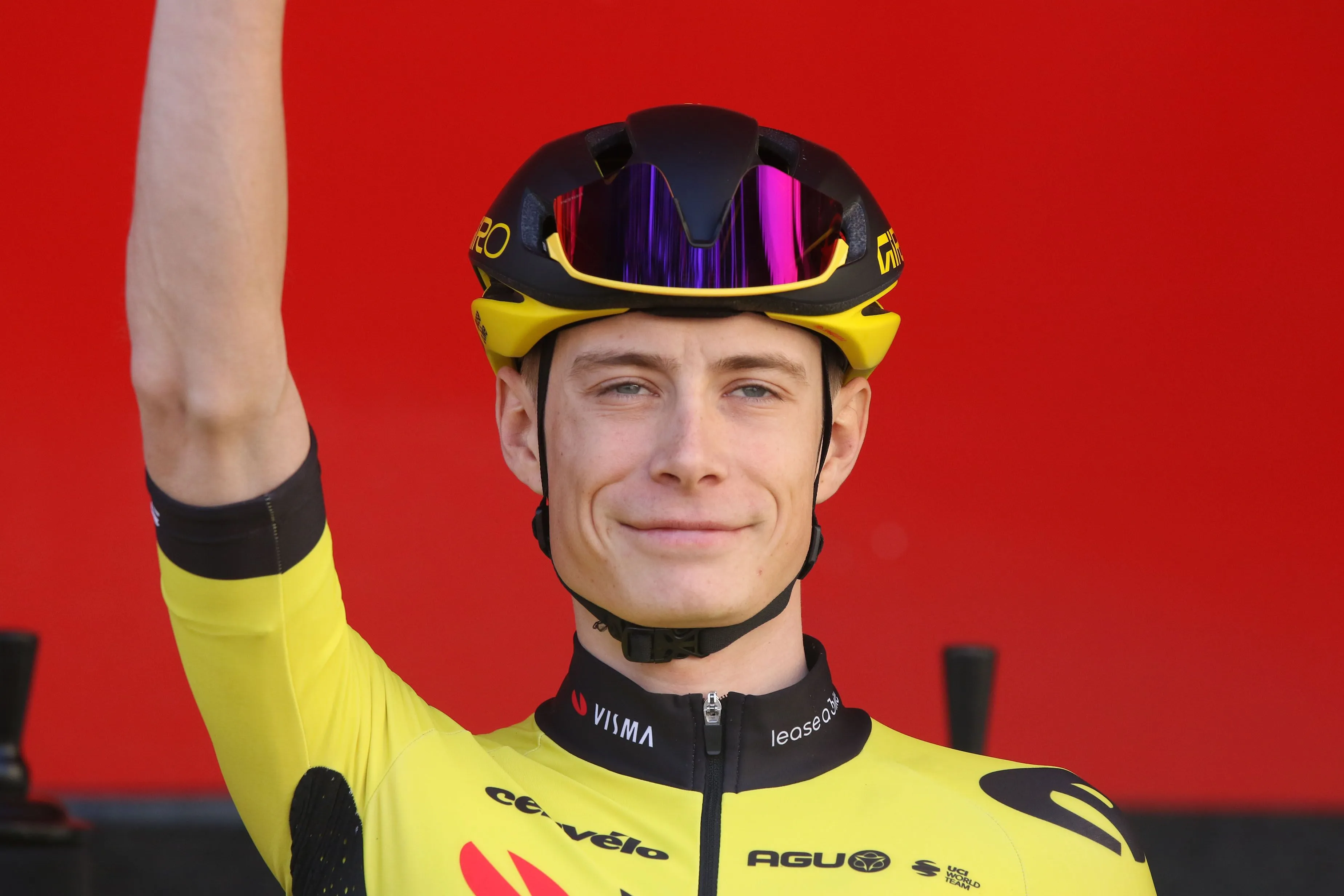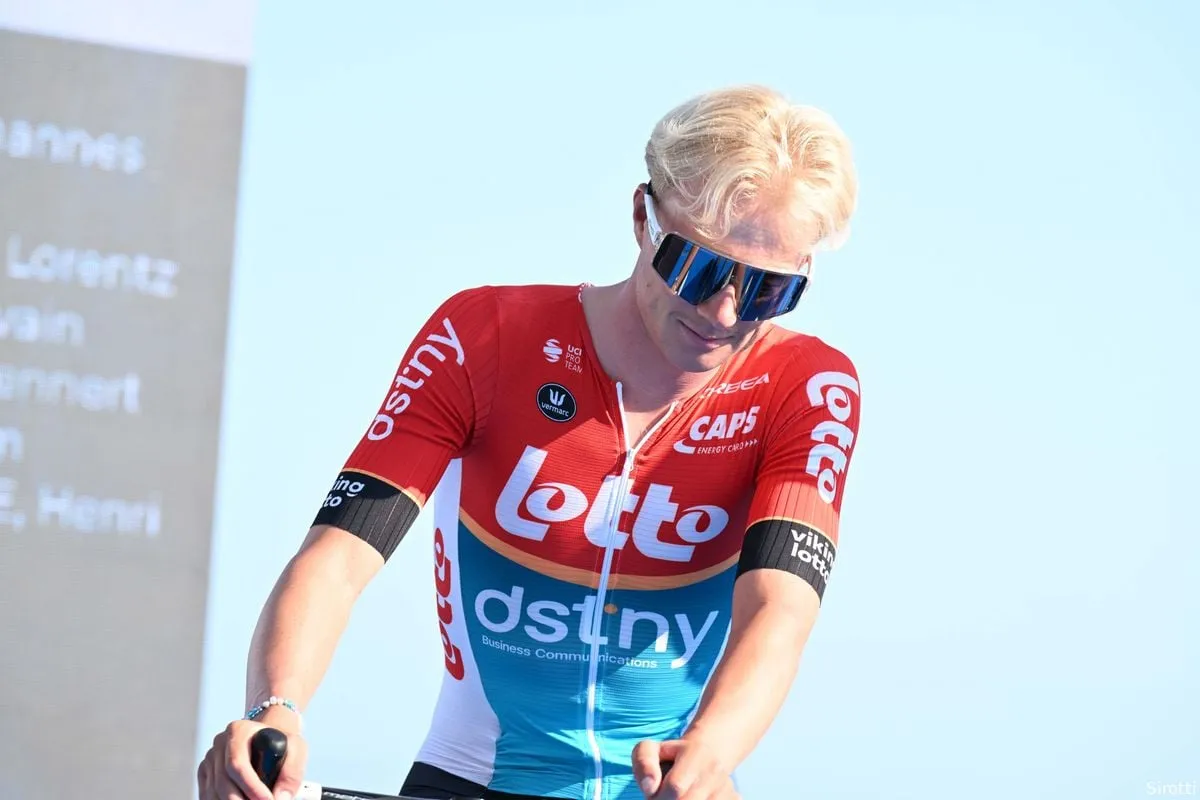"The accident could not have been prevented, but what happened next certainly could": organizers work on GPS after Furrer's death
CyclingFriday, 22 November 2024 at 19:59
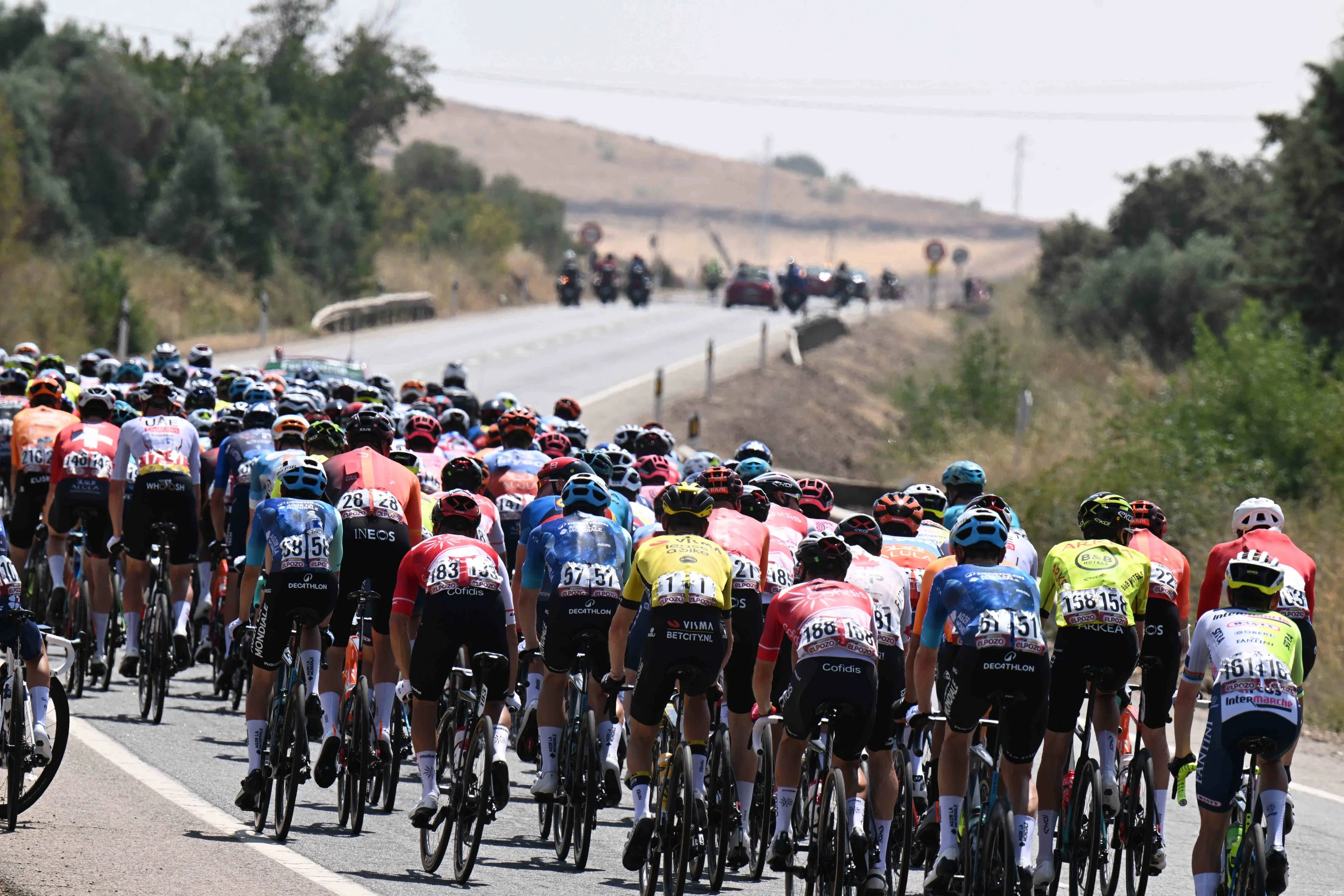
The organizers of the Tour of Switzerland, the Tour of Austria, and the Deutschland Tour want to work with GPS trackers in the future to keep track of crashed riders. The reason for this is the deaths of Gino Mäder, André Drege, and Muriel Furrer. All three were killed after crashing during the race.
Mäder died last year in the Tour of Switzerland. The Swiss rider crashed at high speed on the descent of the Albulapass in stage six. The fact that the finish almost followed the descent resulted in much criticism on the part of the organization afterward. After all, riders take a lot of risk with a victory or classification at stake.
Just over a year later followed the tragic death of Norwegian Drege. He, too, died after a heavy crash on a descent. As if things couldn't get any worse, 18-year-old Furrer lost her life after a crash at the World Junior Championship road race in Zurich. She also crashed in a descent. The fact, in particular, that no one knew where she was for an extended time raised questions in the cycling world. The placement of GPS trackers on the riders or bikes was quickly suggested, and some organizers now want to work on this, with or without the UCI.
Senn: "We won't ask the UCI for it"
"For me, it is clear that we can no longer operate without it," Radsport quotes Olivier Senn on behalf of the Tour of Switzerland. According to him, it cannot be explained that with all today's technological possibilities, riders are untraceable in the race. "Unfortunately, we had to learn that painfully," he refers to Furrer's fatal accident. "I only truly realized it afterward when you try to explain to people why things are still the way they are. It's actually impossible to explain! We flew to the moon 50 years ago and lost a female athlete in a cycling race in Switzerland. You can't explain that to anyone. It should not happen."
Senn is certainly not planning to wait for the UCI to introduce the ability to track riders via GPS. "Our sport has to evolve. It will take time, collectively, and that's why we, as organizers, will just say, We're doing this now! Because the accident itself probably could not have been prevented, but what happened afterward certainly could have been prevented, and it cannot happen again," said a determined Senn, who continued: "We're definitely going to do it, and we won't ask the UCI for it. (...) We see it as our duty to do the maximum, not just talk about it. But of course, we welcome anyone who would join us."
Senn has already found a united partner in Thomas Pupp (Tour of Austria). "If the UCI does not take action, then we have to do it, and maybe one result of this discussion could be that the three rounds in the DACH region (Germany, Austria, and Switzerland, ed.) implement this next year. Maybe we can get others to follow this example," Pupp said.
Switzerland and Austria on board; Wegmann wants to but depends on the ASO
Race director of the Deutschland Tour and former rider Fabian Wegmann also sees implementing GPS trackers as a step in the right direction. According to him, however, the GPS sensor should not be placed on the bike. "It makes no sense to put a GPS sensor on the bicycle. If the bike is replaced in case of a malfunction, the sensor is gone," his reasoning goes. Whereas Senn and Pupp are determined to put their words into action, Wegmann cannot make such a promise. After all, "his race" is organized by Tour organization ASO, so he is not in control. Should the ASO choose to use GPS trackers, it would also apply to all ASO races.
Read also
IDL-productions
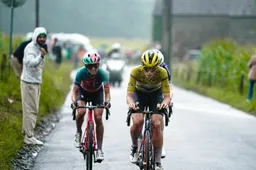
Preview Liege-Bastogne-Liege 2025 - women | Maybe a Tour de France Femmes 2024 rematch?
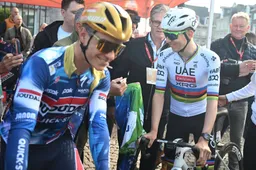
Preview Liège-Bastogne-Liège 2025 | Pogacar and Evenepoel as top favorites in last spring classic

Thibau Nys on his form, facing Pogacar, and that surprising Flèche Wallonne stat: "I was shocked"

In the quiet car of express train Lidl-Trek, Geoghegan Hart warns that his oh-so-dangerous legs are almost back
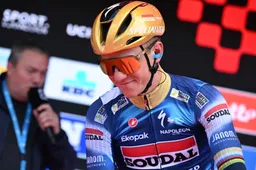
Preview Tour of Romandie 2025 | Evenepoel picks up stage racing right after Liège
Latest Cycling News

Preview Liege-Bastogne-Liege 2025 - women | Maybe a Tour de France Femmes 2024 rematch?

Preview Liège-Bastogne-Liège 2025 | Pogacar and Evenepoel as top favorites in last spring classic

Evenepoel hopes Tour de France skips Montmartre in final stage: "Don't make it too complicated"

Thibau Nys only became a road cyclist after his mother was infected with COVID-19: "From there, it just took off!"

Pogacar vs. Evenepoel: How will their duel unfold at Liège? "Evenepoel can’t wait for the final climb"
Popular Cycling News

Tadej Pogacar worried about teammate before and during Flèche Wallonne: "Then I heard he had crashed…"

Former pro has intriguing perspective on why Evenepoel struggles on steep slopes: "Tadej, by contrast..."

‘The Italian Wout van Aert’ stuns with wild solo ride: “These Giro-style climbs suit me perfectly”

Flèche Wallonne top 10 reflects a new development in cycling, says Van Avermaet: "That has me worried"

No Pogacar or Evenepoel, but this rider impresses Bruyneel: "He is not at the level yet to be like a grand tour contender"
Latest Comments
- Why continue to give this bully and liar a platform. Both he and Bruyneel should be persona non grata in the cycling world.Aodh25-04-2025
- Such negative comments that are truly inappropriate and actually ridiculous. He sounds like an old man, bitter that he can't race anymore. Why can't he just be gracious? Or just shut up. Instead of howling for attention, in such a rude manner. Must be Dementia creeping in. We are all living in the Now. Records are there, and some are being broken, some are unapproachable. If he doesn't like it, and it makes him sick, maybe he ought start watching some other sport. Don't want the old mans health to be upset.
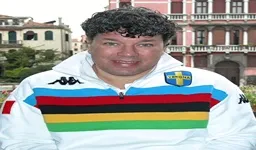 reemmo031-03-2025
reemmo031-03-2025 - Roger De Vlaeminck inspires me to create a new beer: "Bitter Old Twat Belgian".JackInhof31-03-2025
- Shoot, I'll ride it for 1/10 of what his pay for that day is😅Veganpotter30-03-2025
- What is this? The Lance Armstrong daily cheaters channel? I could care less about Johan and Lance the seven times cheater. Greg Lemond was right all along, Why don't you write about that instead of these two knuckleheads.velodrone28-03-2025
- Are we all doomed to hear from Lance Armstrong and Johan bruneel until the end of time? It's not enough the stain they left on cycling? Do we have to see that shadow forever?bigyakman26-03-2025
- I am not sure if it is the hardest to win. In Flanders and Roubaix well before the finish the Peleton will be decimated and the race will normally be won by the best rider of the day or maybe 2nd or 3rd in case of a mechanical or unlucky break especially in case of Roubaix. In San Remo just before the finish there will still be several riders in contention and they are hard to ditch. For the best riders it is a race hard to win since it is not so selective. But if you are not a top 5 rider but still a top 10 rider this race is your best change to win. You will see more Milan San remo Winners with only 1 monument win than any other monumentsJoostmehrtens19-03-2025
- "fap fap fap oh Lance oh oh OHHHHHHH" again. Does he pay you to dredge up people with nice things to say about him? He was an giant a$$hole to people. It is a fact. Whatever his contrition about the doping, he is unapologetic about being a giant a$$hole to people. (Why yes, I do only login to complain. *I* am however only a giant a$$hole to people who laud giant a$$holes.)ericjensenridesbikes25-02-2025
- Remco is still very young. And injuries can absolutely keep you from overdoing it and getting worse. The recent Remco accident didn't keep him from being able to ride a recumbent inside. Wout's knee is a different story thoughVeganpotter23-01-2025
- Van der Poel style is winning by a half a lap and leading the race from the end of the second lap.
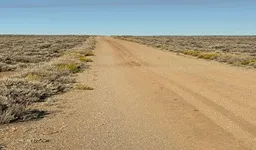 Barnes127420-01-2025
Barnes127420-01-2025
